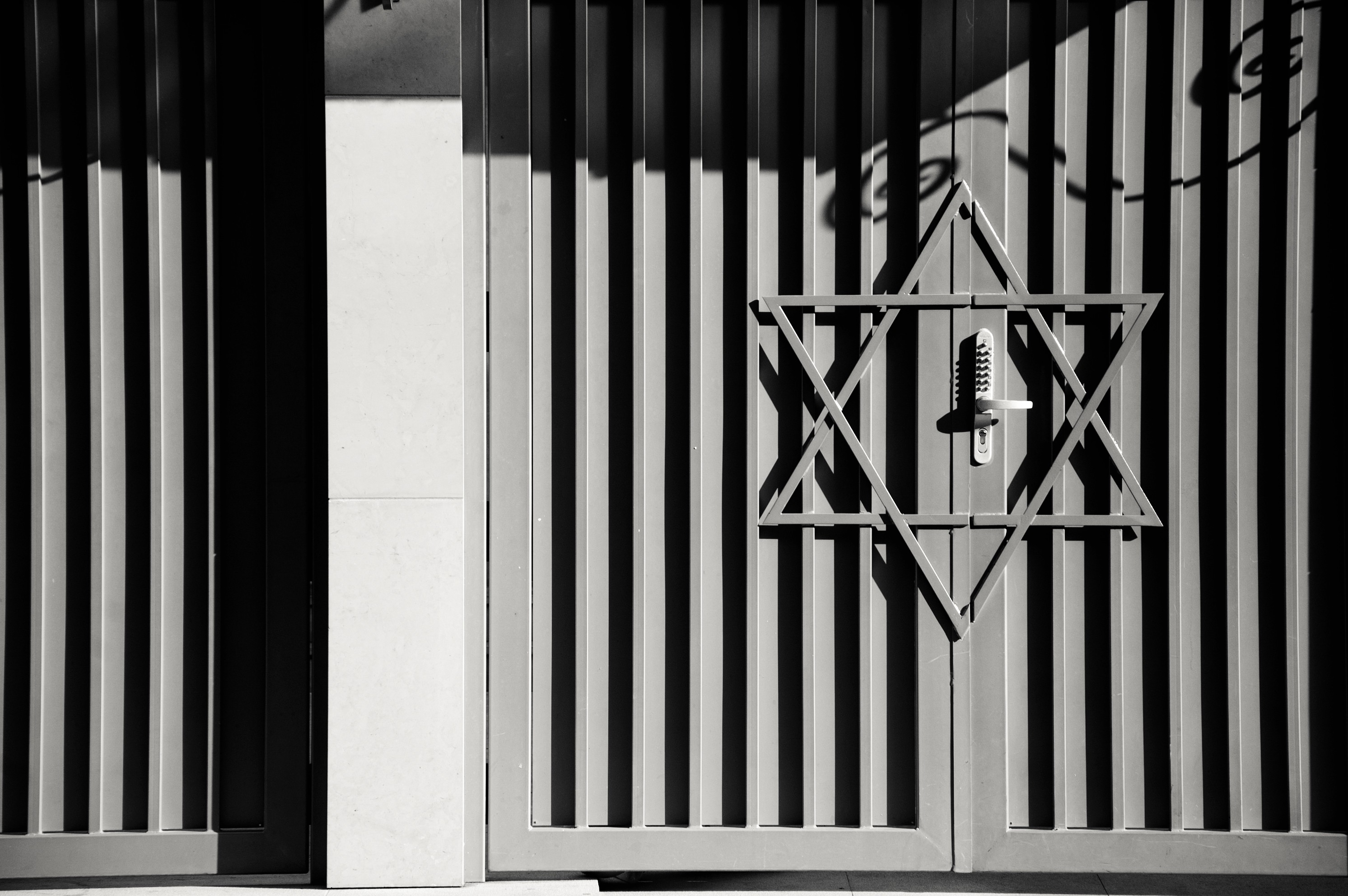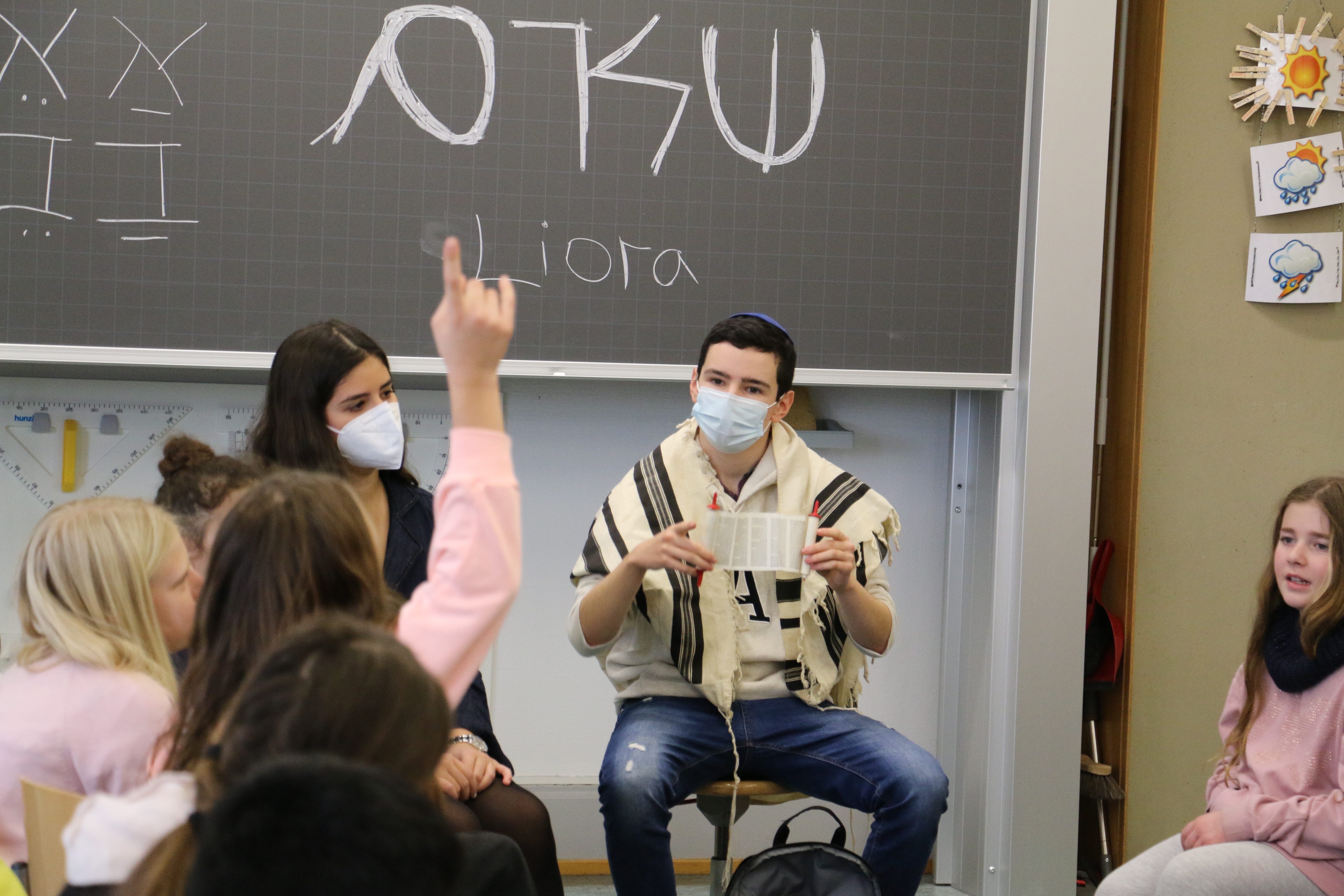Freedom of Religion
Freedom of religion is key to ensuring unimpeded religious practice for minorities. It is, however, coming under increasing pressure. The SIG is strongly committed to retaining and protecting this freedom.
As part of a liberal and democratic society, the freedom of religion is a precious good. Its protection is enshrined in the Swiss Federal Constitution. Each person is guaranteed the right to freely choose their religion, and to profess, practice and express it individually or together with others. This includes the right to observe religious customs and rules.
Article 15 of the Swiss Federal Constitution
The freedom of religion is formulated in Article 15 of the Swiss Federal Constitution:
«All persons have the right to choose their religion or philosophical convictions freely, and to profess them alone or in community with others.»
(unofficial translation of the German original)
Especially for adherents of a minority religion, this right is meant to ensure a free and unimpeded life in Switzerland. For a long time in the past, there was no such right. Religious freedom was granted to all Christian denominations with the foundation of Switzerland in its present form in 1848. It was only when the Swiss constitution was thoroughly revised in 1874 that the general freedom of religion as we know it today was introduced for all religions.
Under pressure from secularisation
The increasing secularisation of our society has put a new kind of pressure on the freedom of religion. Religious traditions and the right to practice them are often viewed as old-fashioned and obsolete. Social and political discourses show that the freedom of religion has lost in standing compared to other rights, and is often viewed as less important. This trend has also had an impact on the Jewish religious minority. More and more frequently, various activists and groups question the right to import kosher meat or to circumcise boys. Yet both these traditions are essential to the practice of Judaism, and without them the survival of Judaism in Switzerland would be threatened.
Political campaigns against religious minorities
The freedom of religion, especially the religion of minorities, is also coming under increasing pressure on the political front. Political demands and motions against religion-linked headwear in particular have proliferated in recent years. There is also rising resistance against the hard-won acceptance of religiously based exceptions, for example the right to be absent from school during high religious holidays. Such demands are mostly targeted at certain minorities. Yet experience shows that other minorities with similar traditions or rules are always affected as well.
The SIG continues to be strongly committed to religious freedom
Protecting the freedom of religion enshrined in the Swiss Federal Constitution remains one of the SIG’s foremost tasks. A democratic state under the rule of law guarantees its citizens the freedom to realise and express themselves without disproportionate restrictions. Religious freedom must therefore be understood as broadly as possible and defended as such. The SIG is active in the political and media arena to prevent any narrowing down of this right. Naturally, the freedom to practice and live one’s religion is no stand-alone right, but needs to be brought into balance with other fundamental rights. Achieving this balance requires a realistic approach as well as a sense of commensurability and due reticence. Fundamental rights should not be played off against one another.
Art. 15 Freedom of religion and conscience
1 Freedom of religion and conscience is guaranteed.
2 Every person has the right to choose freely their religion or their philosophical convictions, and to profess them alone or in community with others.
3 Every person has the right to join or to belong to a religious community, and to follow religious teachings.
4 No person may be forced to join or belong to a religious community, to participate in a religious act, or to follow religious teachings.
(unofficial translation of the German original)




